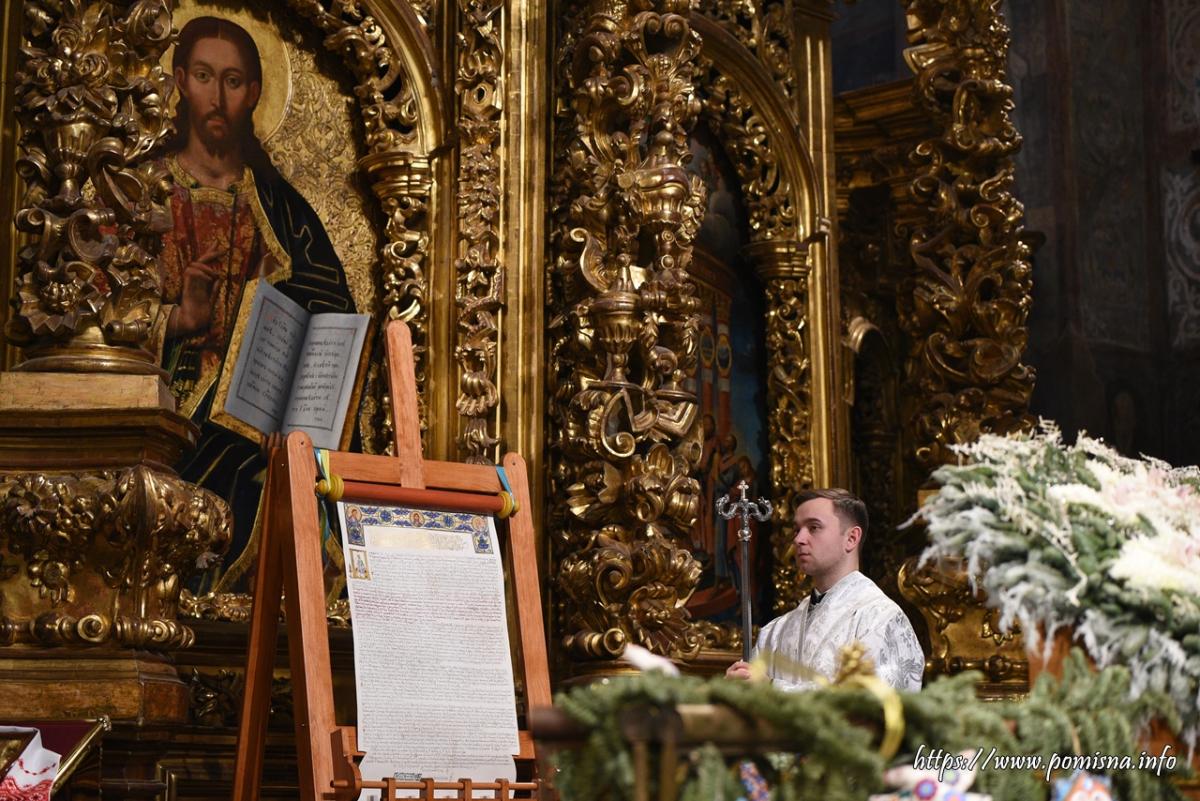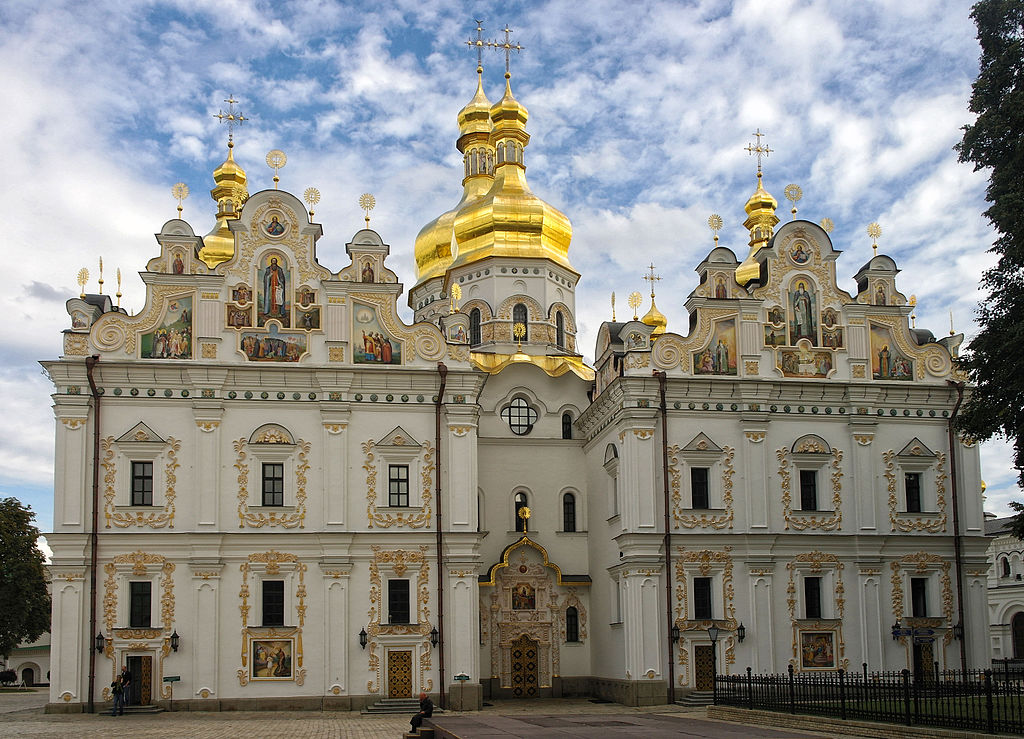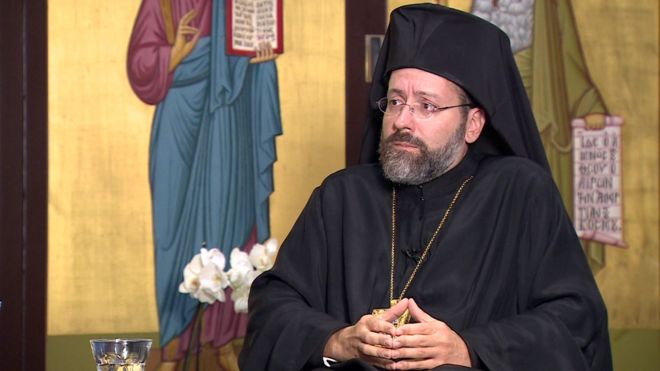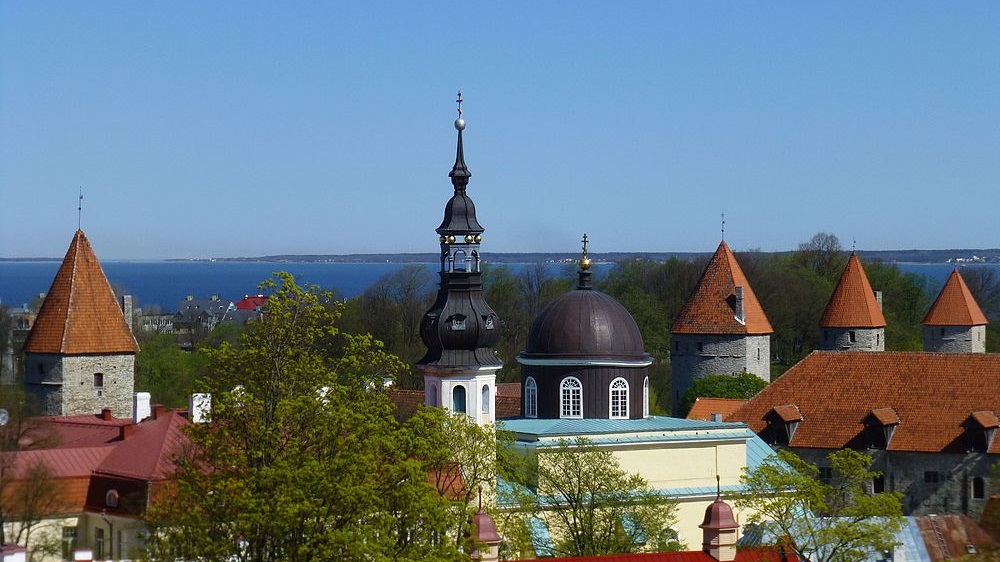Russian commentator Andrey Illarionov has carefully compared the status of Ukrainian Orthodoxy in terms of 25 basic issues of church life and concluded that the new Orthodox Church of Ukraine (OCU) is now “completely out from under the control of the Russian Orthodox Church – Moscow Patriarchate (ROC MP), has expanded its powers over its internal life and become an independent actor in international church affairs.
Of the 25 issues that define the status of an Orthodox church, he continues, the status of the OCU is no greater than that of its Ukrainian predecessor, on six it has put itself under the Universal Patriarchate in Constantinople, in one it has acquired new obligations and limitations, but in 14 it has obtained new or better defined rights.
Specifically, its status has not changed with regard to the title of the head of the church, its jurisdiction or its role regarding congregations abroad. In six cases, it has simply put itself under the auspices of the Universal Patriarchate rather than the Moscow one. And in one, it has accepted new limitations with representatives of Constantinople now playing a role in Ukraine.
But on 14 issues, the Ukrainian Orthodox church has acquired new rights or had its rights more carefully defined, including its name, status, canonical links, sources of law, organs of power and administration, election of its head, the administration of internal affairs, the formation of bishoprics, church courts, inter-church recognition, its place in the hierarchy of autocephalous churches, and its participation in inter-church and inter-Orthodox councils.
All those gains mean that the OCU will now be an important player in the Orthodox world and also in the ecumenical world as well, having gained new rights and the status of the second largest Orthodox church in the world, a status that is especially important because the largest, the ROC MP, has declined in size so markedly because of Ukrainian autocephaly.
As the author of these lines and others have said, the achievement of Ukrainian autocephaly changes the world as much as the achievement of Ukrainian political independence in 1991. It contributes to the completion of that process and opens the way to a role for Ukraine internationally far beyond what even the most optimistic assumed was possible a few years ago.
Further Reading:
- Ukrainian Orthodox Church head says Russian Orthodox Church will remain in Ukraine as many want it and he’s not against that
- Are the Uniates about to make common cause with newly autocephalous Ukrainian Orthodox?
- New chances, new risks. Where Ukrainian Orthodoxy stands on the eve of independence
- A short history of the Ukrainian Church: infographic
- Ukrainian autocephaly destroys ideological foundation of Russian empire, Espresso says
- Old wine in new bottles: how bad habits derailed Ukrainian Church unification – interview with Cyril Hovorun
- ‘A church without Putin, without Kirill, and without prayers for the aggressor’








